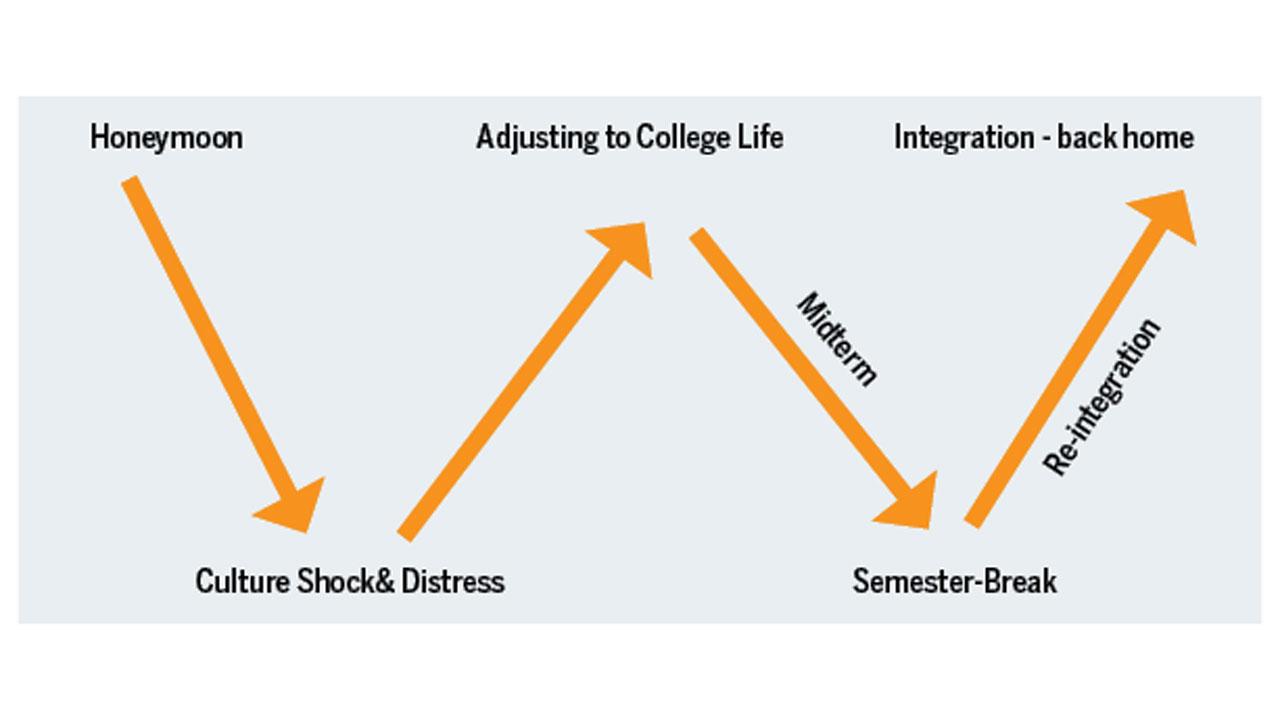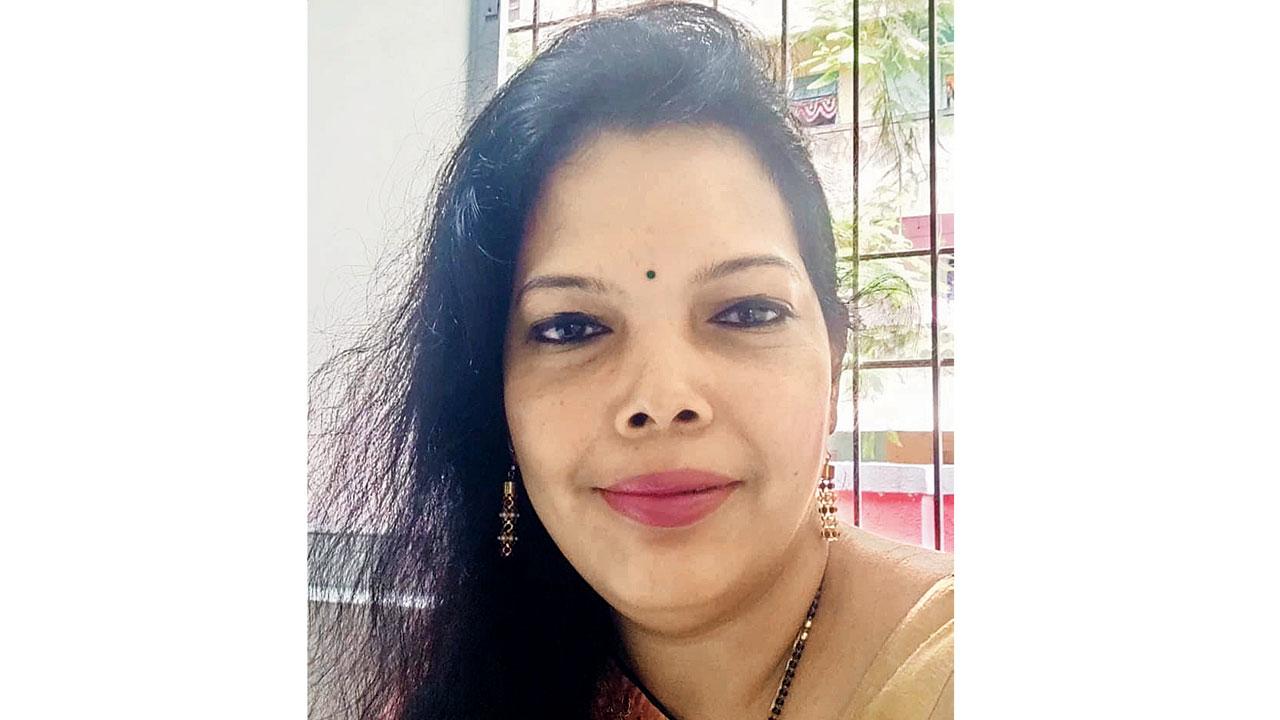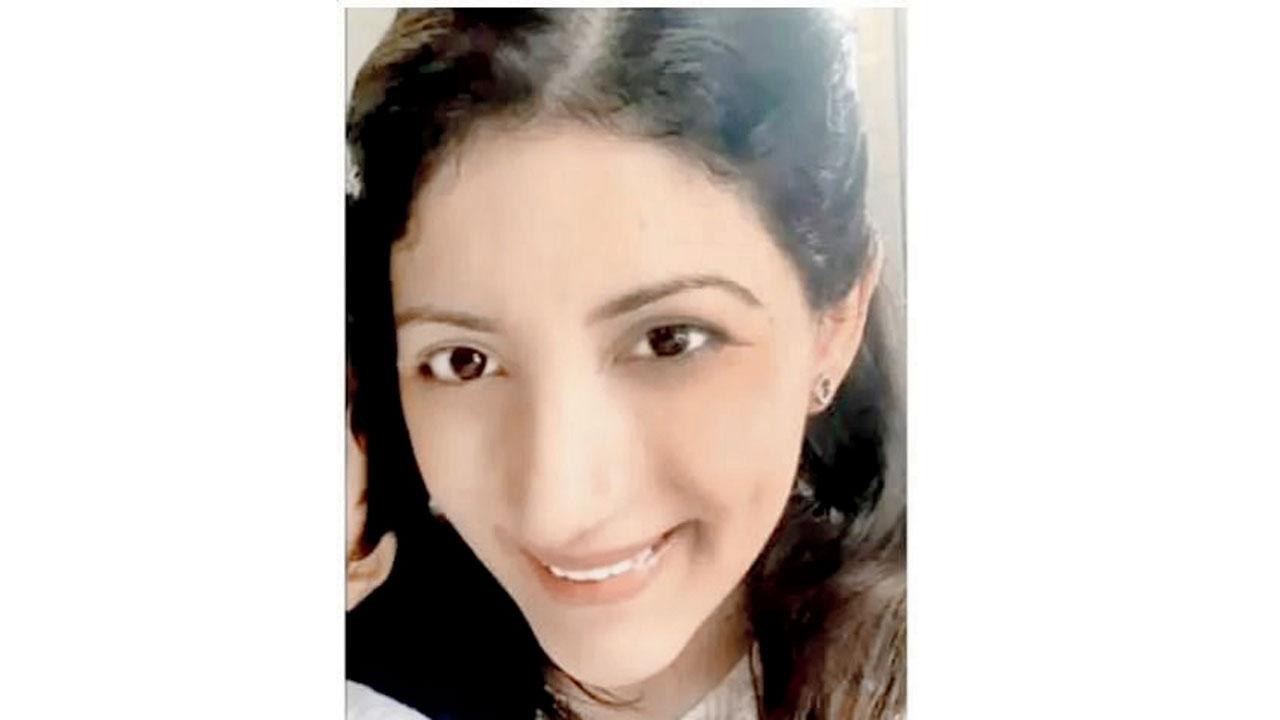After recent news reports of student suicides, experts suggest how to offer better support systems, and look for red flags in this stressful ecosystem

Pursuing higher education and scoring good grades consistently comes with a lot of pressure. Reassure students that exams are not indicators of one’s capabilities
According to a recent report by the Ministry of Education, over 100 students died by suicide since 2018, of which 33 cases, the highest number recorded between January 2018 and March 2023, was reported from Indian Institutes of Technology (IITs). National Institutes of Technology (NITs) and Indian Institutes of Management (IIMS) accounted for 24 and four deaths, respectively. Last week after the Andhra Pradesh Board of Intermediate Examination declared the Class 11 and 12 examinations, nine students lost their life to suicide when they did not clear a few subjects. It’s time that these rising number of student suicide cases are viewed as more than just news.

The W-Curve by Gullahorn and Gullahorn in 1963 proposes four stages of culture shock
The mounting academic pressure, fear of failure, loneliness, poor mental health and other issues faced by students require immediate addressing. Experts share a guide for parents and teachers to extend help and spot the signs that a student might be under study-related pressure especially while pursuing higher studies or facing other issues on campus.
It takes time to adjust
Dr Sonal Anand, psychiatrist at Wockhardt Hospitals, Mira Road, highlights how a positive support system provided by a parent can help ease the initial stress that a new college experience can bring, even if a student might not have adjustment issues at the start. To help support and understand ensuing psychological changes, she adds, “Leaving home for the first time and living without supervision can be a culture shock for students.

Dr Sonal Anand
Parents should be made aware of the W-curve model (of culture shock) proposed by Gullahorn and Gullahorn (1963).” The four stages of the model include the initial honeymoon or exciting phase, frustration, adaptation, and lastly, the acceptance stage. Being prepared not just academically but also psychologically can aid adjustment. Over time students can become familiar with their new surroundings as they make new friends and learn to adapt to college life and education. Campuses ought to conduct an orientation for parents introducing them to help cells and campus support systems. Institutions can also integrate parental support in these help cells.
Mental health in the curriculum
Pointing out that academically-gifted students might face more pressure to do well than their peers, Ashwiinii Satpute, counselling psychologist, human rights activist and founder of Sahayog Vikas Sanstha notes that it is important to look at the past pressures which shape the journey of IITians. She says, “These students are trained to perform in the worst situations, but they are never nurtured to cope with failure or societal rejection, which becomes a silent time bomb. So, the right approach is to train parents and teachers to develop skills in these super achievers to deal with these trigger points.” She also adds that often super-achievers are pushed into an academic direction by parents who are unaware of their child’s core strengths; parents should avoid making isolated academic decisions for children.

Ashwiinii Satpute
“India has to include mental health and well-being within education as an integral part of the curriculum, with special emphasis on life skills and supportive care modules. This will bridge the gap between parents, teachers and children,” Satpute says. Such modules can help develop problem-solving and communication skills, critical and creative thinking, and interpersonal and intrapersonal skills. Regular workshops on the importance of self-love, setting boundaries, grounding the self as well as de-stressing tools can help students to be better equipped while dealing with certain pressures. Finally, periodic assessment in shifts of one’s emotional quotient can help identify whether the child is facing hostile life or psychological issues such as bullying, body image, loneliness, etc. She adds that the education sector can provide refresher training [for teachers] to build leadership skills, compassion, and empathy.
Changes in the recent years

Riddhi Doshi Patel
Riddhi Doshi Patel, child psychologist and parenting counsellor, explains the impact of the pandemic on a child’s academic journey, “We seldom pay attention to what’s happening with students. The move from online to offline lectures and examinations has not been easy because it shapes approaches to education.” She adds that society is heading towards a more competitive environment where teens face most of the pressure. With increasing competition and higher pressure to get better grades, they can easily succumb to stressful environments.
Compounding impacts

Dr Vidhya Nair
Holistic psychologist Dr Vidhya Nair reminds us that entering a university or prestigious campus is a big life event and is looked at as a crucial turning point. Hence, the pressure that comes with it is real including societal, parental, and peer group pressure. It is further shaped by one’s concepts of life, self and success. Such pressure impacts students and leads to low self-esteem, low confidence, inability to face further stressful situations, self-isolation, social anxiety, development of unhealthy coping mechanisms and other disorders. Nair concludes that it is important to reassure students that exams are not indicators of one’s capabilities.
Watch out for these signs
Payal Narang points out the red flags and warning signs that parents and teachers need to look out for:
1. Sudden changes of behaviour, this includes anger, isolation and frequent irritability
2. Sudden decline in academic performance
3. Increased absenteeism from class
4. Lack of interest in activities they used to enjoy earlier
5. Physical symptoms like stress can sometimes manifest as frequent headaches, stomach-aches or insomnia.
Let’s Build a support system

Payal Narang
>> Appreciate your child; don’t criticise or compare them with other children
>> Do not use negative words or create a negative environment around studies and future goals
>> Avoid favouritism by appreciating some students and avoiding the rest
>> Listen to a student’s concerns patiently
>> Make yourself available to your child
>> Positively reinforce the child’s efforts
>> Encourage them to connect with peers who are going through a similar academic process, to bond, support and take a break from the pressures of studying
>> Seek formal support if necessary from a tutor, counsellor, academic coach or therapist, to help a student manage the stress and anxiety associated with pursuing higher education.
>> Encourage timely breaks, rest and nutrition to help the child’s body replenish resources
By Riddhi Doshi Patel and Payal Narang, child psychologist and blogger
Suicide is preventable. If you experience distress or know someone in distress, don’t hesitate to reach out to:
>> Aasra (24x7) 9820466726
>> The Samaritans Mumbai Daily; 3 pm to 9 pm 8422984528 / -29 / -30
>> Mpower Minds (24x7) 1800-120-820050
 Subscribe today by clicking the link and stay updated with the latest news!" Click here!
Subscribe today by clicking the link and stay updated with the latest news!" Click here!










